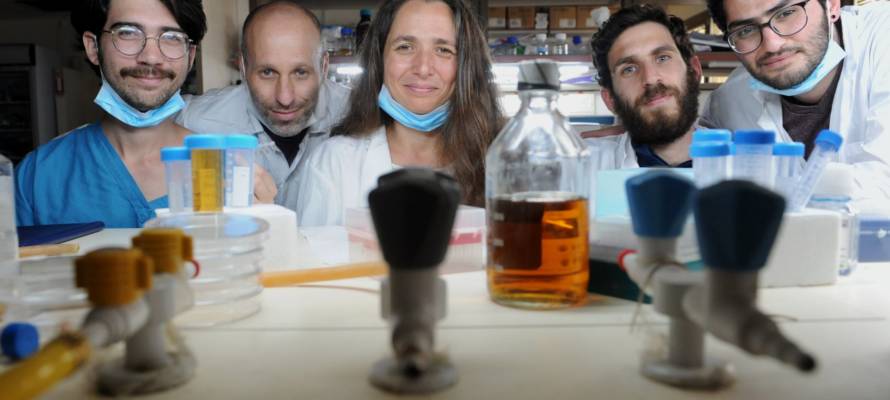Researchers from Israel’s prestigious Technion Institute created a home coronavirus test with a 99 percent accuracy rate that provides results in less than an hour.
By Yakir Benzion, United With Israel
A team of researchers at the Technion Institute in Haifa have developed a process that they say can be turned into a simple, inexpensive, fast and effective home test for the coronavirus, the university announced Sunday.
Led by microbiologist Dr. Naama Geva-Zatorsky, the process requires a test swab, some key chemicals, two test tubes and a glass of hot water.
Due to its simplicity and speed, the test kit will be suitable for home use and rapid diagnosis in workplaces.
Using about 200 samples from Haifa’s Rambam Hospital that were confirmed to be positive, the team performed tests using both known cases and test subjects suspected of being infected. The test uses only saliva, specialized chemical reagents and some hot water.
Those performing the test don’t have to know anything about how it extracts RNA or reacts with certain enzymes.
“You just have to dip the sample into test tube containing the reagents and then in a glass of hot water,” Geva-Zatorsky said. “If the color of the reaction changes – we have a positive detection of the corona virus. The result is obtained in about an hour, without the need for labs or professional personnel to decipher the test.”
The team is working on improving the sensitivity of the method so it can detect the presence of the virus even in small concentrations.
“We have proven that at medium and high concentrations of the virus we reach 99% detection, and that at lower concentrations a second test would be required a few days later.”
The team is hoping to get their process approved by Israel’s Ministry of Health so that it can distributed widely including in workplaces, nursing homes and airports.
Professor Michal Hovers, director of the Infectious Diseases Unit at Meir Hospital and a partner in the research, commented that since the tests will be able to be performed on the spot, without having to send them to a special laboratory, this development represents a major innovation.
